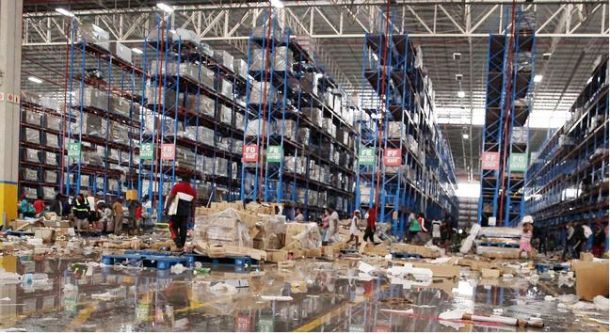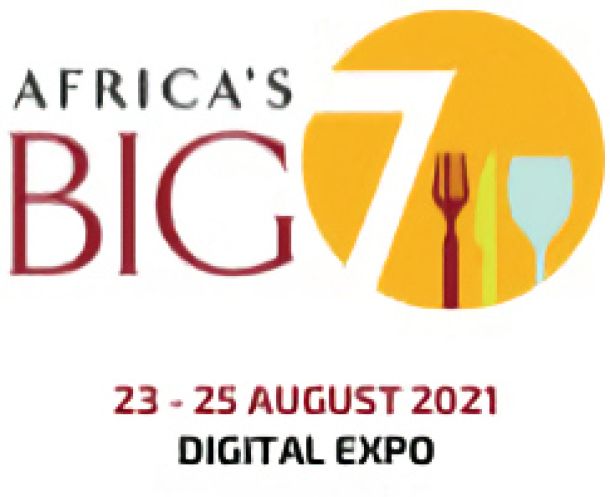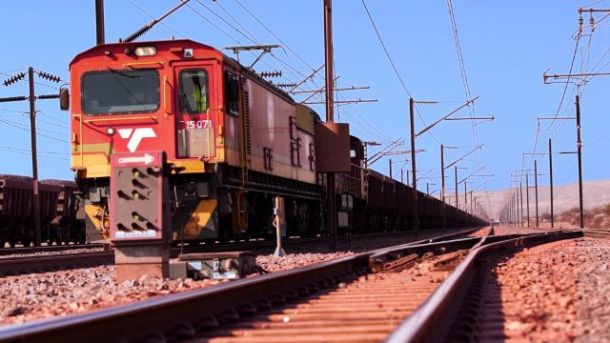Government’s plan to help businesses recover from looting and Covid-19 impact – including tax breaks
President Cyril Ramaphosa has unveiled plans to assist businesses caught up in the recent unrest in KwaZulu-Natal and Gauteng, and those SMMEs that have been affected by the Covid-19 pandemic that has ravaged the country’s economy.

Staff Writer | Business Tech
The president eased lockdown restrictions in an address to the nation on Sunday evening – imposed a month ago in an attempt to curb the spread of the deadly delta variant of the coronavirus.
He also announced the reinstatement of a monthly welfare grant of R350 for the poor until the end of March next year, along with a R400 million state contribution to a humanitarian relief fund.
This is made possible by a slight improvement in revenue collection.
“We are also implementing measures to help businesses to rebuild. The most immediate need is to ensure that those businesses that were damaged or looted are able to rebuild and reopen as quickly as possible,” he said.
The president said that South Africa is one of the few countries in the world to have a state-owned insurance company, SASRIA, which provides cover against incidents of public violence, strikes, riots and unrest.
SASRIA has committed to expedite the payment of all valid claims, and is working together with private insurers, Ramaphosa said, adding that some businesses that were victims of this violence may not have been insured.
“We will not abandon them in their time of need. We are therefore working to extend support to uninsured businesses that were affected by the violence. The government will set aside dedicated funds for this purpose and we will soon announce a mechanism for these businesses to apply for support.”
Pandemic relief
The president said that the government will reprioritise funding for SMMEs affected by the pandemic through a once-off business survival funding mechanism.
“We are also working with large businesses to determine their contribution to the support of SMMEs, job creation and eradication of hunger and poverty.”
The UIF, he said, will facilitate payments as quickly as possible to support workers who have not received an income.
“Most importantly, the UIF will provide income support to all those employees who have lost jobs as a result of the recent unrest,” the president said. This will ensure that jobs are protected and that workers can continue to earn an income as those businesses take time to rebuild.
“We are expanding the Employment Tax Incentive for a period of four months to include any employee earning below R6,500 and to increase the incentive amount by up to R750 per month.”
This, the president said, will encourage employers to hire and retain employees, especially those in the retail and hospitality sectors that have been worst affected.
“We will also defer payment of PAYE taxes for a period of three months to provide businesses with additional cash flow, with an automatic deferral of 35% of PAYE liabilities for employers with revenue below R100 million.”
The payment of excise taxes by the alcohol sector will also be deferred for a period of three months, to ease the burden on the sector as it recovers, the president said.
“These interventions are designed to extend as much relief as possible to individuals and businesses that are in need of support, without compromising our fiscal sustainability.”
Ramaphosa said that the impact of recent events on the economy has made the implementation of the government’s Economic Reconstruction and Recovery Plan even more important.
Bloomberg reported that South Africa’s economy shrank 7% last year, the most in a century, with unemployment at record highs as businesses closed their doors amid a pandemic that has lasted more than 18 months and counting.
The country’s woes were exacerbated by the recent unrest in KwaZulu-Natal and Gauteng, which lead to violence and looting at the cost of many lives and damage to industry. The South African Property Owners Association estimates a cost of around R50 billion in lost output while placing 150,000 jobs at risk.
News Category
- International retailers
- On the move
- Awards and achievements
- Legislation
- Wine and liquor
- Africa
- Going green
- Supplier news
- Research tools
- Retailer trading results
- Supply chain
- Innovation and technology
- Economic factors
- Crime and security
- Store Openings
- Marketing and Promotions
- Social Responsibility
- Brand Press Office
Related Articles

Massmart says civil unrest cost the company R2....

Sasria pays Clicks R217m of KZN claim

Africa Trade Week Launches Digital Exhibition P...

Cyber Attack on Transnet Cripples the Movement ...


